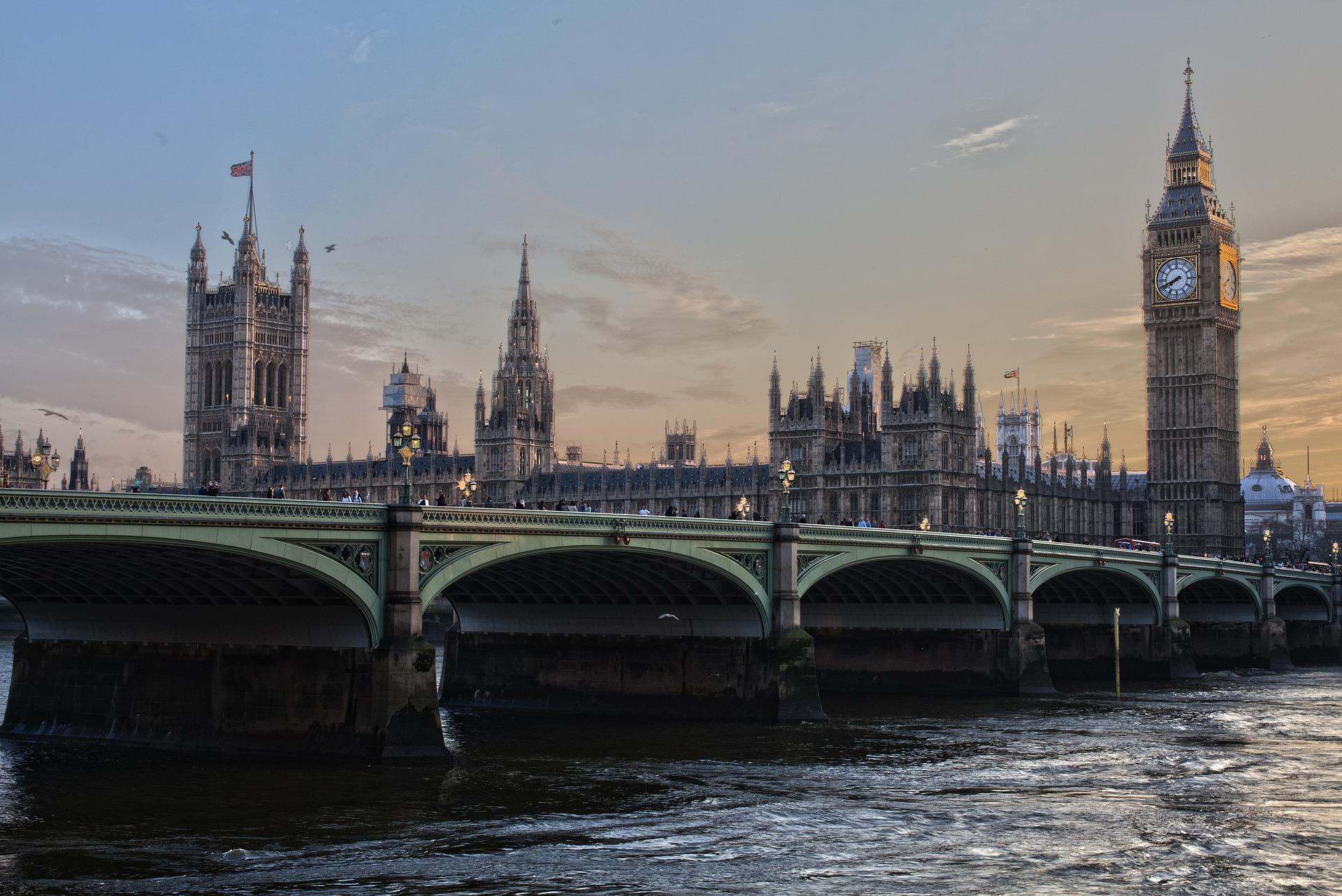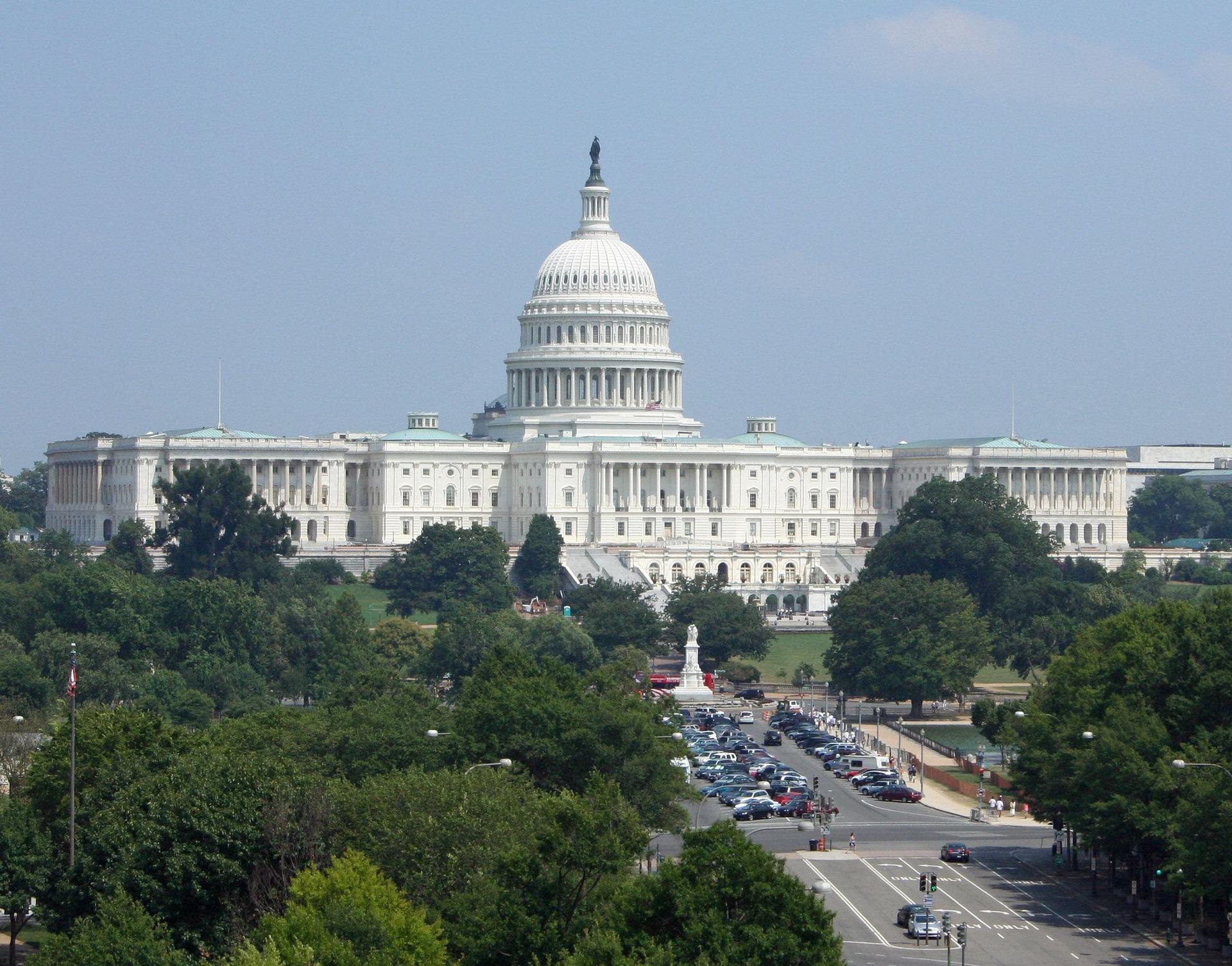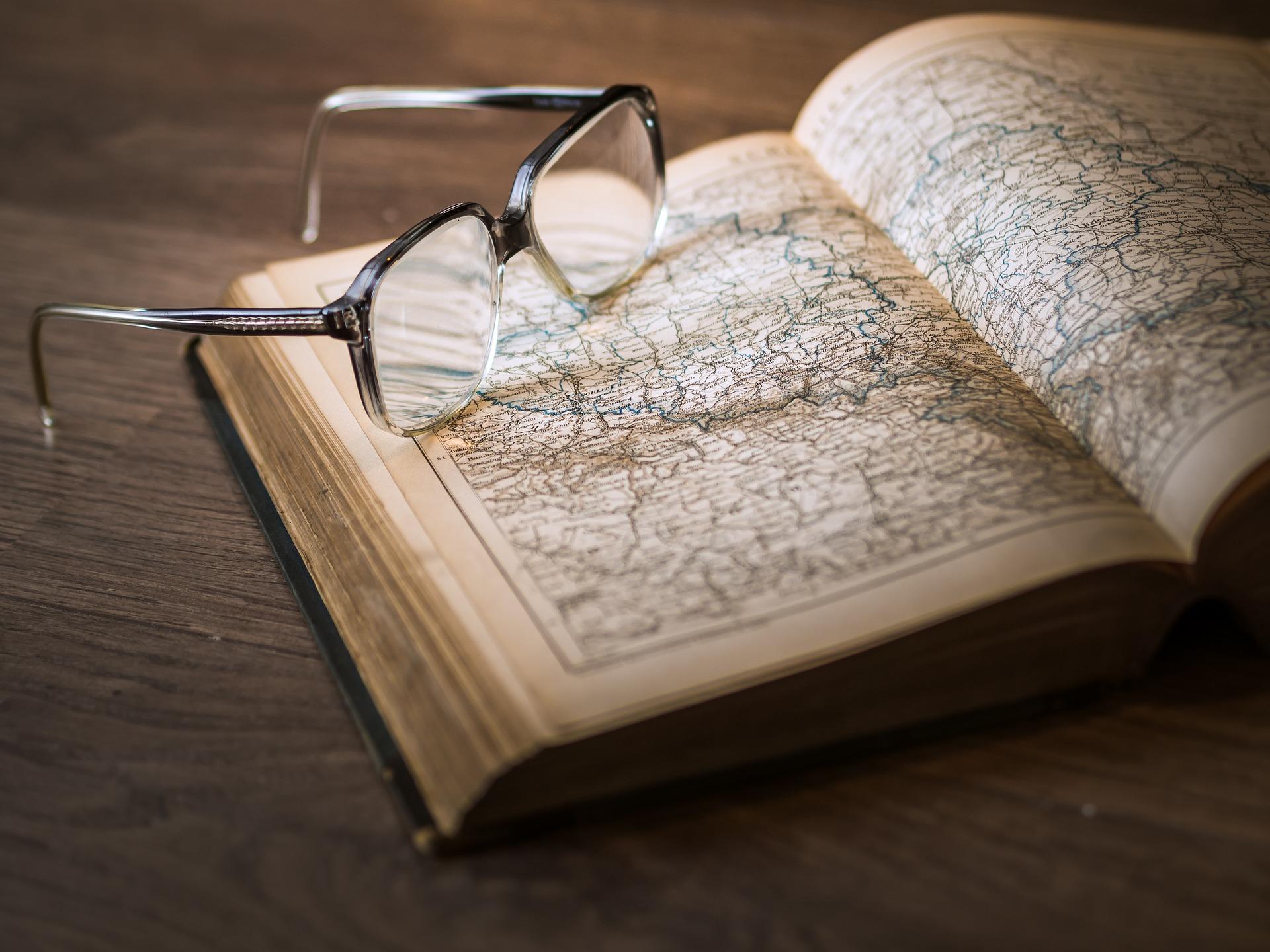For as long as society has existed, people have been writing about how it operates. This is no surprise, as to some degree the everyday life of everyone, everywhere in the world, since the first settlements, has been governed by, well, a government. Politics and the way society is run is a topic with a long history, and all throughout said history there have been those who write about it. Whether it’s about tracking its history, predicting its developments, or simply challenging the way we think about society, books about politics are an integral part of the way we as a society share ideas about that very same society.
With that being said, thanks in part to the fact that there are so many good political books by virtue of the fact that there are quite simply so many political books to read, it can be quite difficult to narrow down those which go beyond this, and to discern what books can really break into the discussion for the best political books of all time, and which are therefore most worth your valuable time to read. After all, with so many ideas out there it’s simply not practical to try and read everything ever written by everyone about politics and political science, but hopefully this list will help guide you to some of the best books about politics to broaden your horizons.

Best British Political Books
1. The Strange Death of Liberal England
Widely regarded as one of the best books on British politics of the last century, The Strange Death of Liberal England is considered a classic, primarily covering the decline of liberalism in Britain in the years preceding the first world war. Written by George Dangerfield in 1935, the book forms an opinion piece reflecting what Dangerfield believes led to the downfall of the Liberal Party in Britain. He explores many reasons that he saw as contributing factors to the party’s collapse, from the internal power struggles and conflicts of the pre-war party to the external pressures from sources such as labour unions and suffragettes, all coming together to eventually break the party’s back in a unique, although he argues not unexpected, manner.
2. The Globalization of World Politics: An Introduction to International Relations
By comparison to some of the politics home must reads on this list, this one is a little different. The Globalization of World Politics: An Introduction to International Relations written collaboratively by John Baylis, Steve Smith, and Patricia Owens has been a favourite of British students ever since it was released in 1997. The book actually focuses more on global politics and, as the name suggests, international relations, but since it is written through the perspective of three British academics it falls very nicely alongside the other UK politics books on this list. Stylistically, it is a compilation of various academic articles and papers written by British scholars on all manners of international affairs, with sections on everything from nuclear proliferation and the United Nations to the role of gender in global politics. For those looking for a more academically composed book on world politics, they need look no further than this book.

3. The Third Way: The Renewal of Social Democracy
By comparison to some more traditional politics books, books for political science tend to have a more theoretical aspect to their writing, often leaning into what society could be like under certain propositions, rather than a more direct recounting and analysis of how society has been under conditions before. This is certainly true of The Third Way: The Renewal of Social Democracy, a book written by Anthony Giddens in 1998 with the intent of laying out a third possible alternative to the two traditionally opposed ideologies of conservative capitalism and true socialism. Giddens puts forward the idea that social democracy can only remain relevant going forwards by adapting to changing social and economic conditions, something which it cannot fully do under either traditional capitalism or traditional socialism.
4. The State of the Union: The Making of the United Kingdom, 1707 to the Present Day
A more recently written and therefore up-to-date book compared to some of the more established entries on this list, this insightfully written book is certainly one of the best political books 2021 produced, with Michael Kenny, the author, providing nuanced and balanced analysis of the huge range of affairs the book covers. As with all the best politics books, The State of the Union provides a well-researched and carefully considered range of stances on all the issues it covers, which range from the Act of Union in 1707 all the way through to present day affairs such as Brexit. For those looking for a book that covers some of the more recent and controversial events of British politics while still giving a well thought out and analytical perspective of them, this book is an obvious and fascinating read.
5. Post-Truth: The New War on Truth and How to Fight Back
Unlike many of the best political books 2017 offered to the world of political writing, Post-Truth: The New War on Truth and How to Fight Back uniquely chooses to focus entirely on finding a practical approach to solving a new and modern problem, that being how to address the rise of post-truth politics. Post-truth politics is a phenomenon where political campaigns are fought and won through appeals to emotion and personal belief rather than anything more concrete and evidenced, and this book by Matthew d’Ancona brilliantly scythes through the complexities that this issue brings with it, exploring how this has impacted democracy and public trust, as well as how best to counteract it in modern public discourse, which has become increasingly challenging.

Best American Political Books
1. The Federalist Papers
When it comes to politics books to read that are fundamental to the way American political thought has been shaped over the entire history of the nation, it’s almost impossible not to recommend the Federalist Papers. Almost all books on American politics will in some way have drawn inspiration from this hugely influential collection of essays by three of the founding fathers of the United States of America. Compiled in 1788 when the nation was still in its infancy, the writings contained within by Alexander Hamilton, John Jay, and James Madison focus primarily on the principles and structure of this new American government, and as such have been hugely influential in the formation of American political thought. They may not have the same ease of reading and accessibility of more modern works, but for understanding the very basis upon which the thoughts of almost all political science books written in the states in the time since, there really is no better book.
2. The Rise of the Conservative Legal Movement: The Battle for the Control of the Law
Far more recent than the previous entry, this eye-opening book explores the machinations that led to a network of conservative legal activists and organisations rising to the apex of the American legal and judicial systems, leaving the institutions perhaps less impartial at the surface level than one might initially be led to believe. Written by Steven M. Teles in 2008, it is subtly considered one of the best books on American politics to come out of the 21st century, especially notable as unlike some of the other best books on politics this one acts much more as an observational commentary rather than a proposition of an idea. Teles raises many challenging and thought provoking ideas about how this motion has shaped contemporary American politics and ideas of political thought, which is sure to provide plenty of food for thought for any reader.
3. The American Political Tradition and the Men Who Made It
Books on political science were common in America as the country saw the curtain fall on the second world war, with the country and it’s people seeking to further explore their way of thinking about themselves as they rebuilt after the most violent war the world had ever seen. To this effect, books like The American political Tradition and the Men Who Made It, written in 1948 by Richard Hofstadter were immediately well received by the American people. This book was aimed to give the reader an understanding of some of the most individually important characters of American history, detailing the lives and ideas of titans of the sphere such as Thomas Jefferson and Abraham Lincoln. As well as this, the book seeks to put forward the idea that American politics is shaped by the recurrence of the themes and concepts that these men puzzled over, such as individualism, populism, and conservatism.
4. The New Jim Crow: Mass Incarceration in the Age of Colorblindness
For those looking for a read that might challenge their perception a bit more, The New Jim Crow: Mass Incarceration in the Age of Colorblindness is an excellent book that faces some more difficult topics in the American political space. Published in 2010, it explores the ways the United States criminal justice system has been used as a tool for racial oppression, in a country that believes itself to be free of segregation and racial injustice. The book primarily focuses on the suggestion that the war on drugs, one of the most controversial American political ideas, has been used to target primarily black and brown communities, resulting in concerning trends among incarceration rates across the country. The book has been influential in shaping conversations around criminal justice reform and while it may not be the most comfortable read for those who like to steer clear of such conversations, it is a thought provoking book that challenges its readers to confront the remnants of systematic racism that are still felt across the country.
Of course, there are many more great books on politics and political science than would fit on this list, but these nine books are some of the best that British and American political schools of thought have to offer, and are sure to place any reader in good stead to expand their own ideas or talk about the ever-evolving political landscape that surrounds us all with other like-minded individuals. After all, the more people read about politics, the more ideas they will themselves be able to share and develop, and how can that be anything but a great thing?
Summarise with AI:















